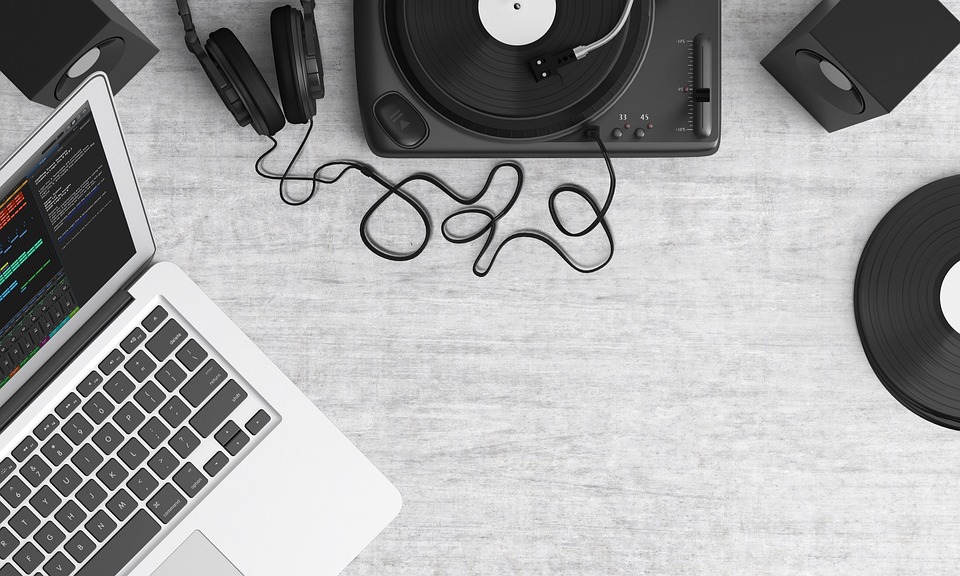Exploring the Rules and Regulations of Having Two DistroKid Accounts
In the music industry, DistroKid has become a popular platform for independent artists to distribute their music to various online streaming services. However, some artists may find themselves in a situation where they need to have two DistroKid accounts. Whether it’s due to managing multiple projects or collaborations, it’s essential to understand the rules and regulations surrounding this scenario. In this article, we will explore the ins and outs of having two DistroKid accounts and what artists need to know to stay compliant with the platform’s guidelines.
Can You Have Two DistroKid Accounts?
According to DistroKid’s terms of service, each artist or band is only allowed to have one DistroKid account. This rule is in place to prevent duplicate accounts and ensure that all music releases are properly managed under one account. However, there are some instances where artists may need to have two accounts, such as managing separate music projects or collaborations with different artists.
In such cases, it is essential to reach out to DistroKid’s support team and explain the situation. They may provide a solution or alternative to accommodate the need for two accounts while still adhering to the platform’s guidelines. It’s crucial to communicate openly and transparently with DistroKid to avoid any potential issues or violations of their terms of service.
Managing Multiple Projects
For artists who are working on multiple music projects simultaneously, having two DistroKid accounts can help keep each project organized and separate. This allows for better management of releases, royalties, and distribution channels for each project. However, it’s essential to ensure that each account is set up correctly and that all information provided is accurate and up to date.
When managing multiple projects with two DistroKid accounts, artists should be mindful of keeping track of each account’s activity and ensuring that they comply with DistroKid’s terms of service for each project. This includes accurately reporting royalties, maintaining copyright compliance, and following all guidelines set forth by the platform.
Collaborations and Features
Collaborations between artists are common in the music industry, and having two DistroKid accounts can be beneficial in managing joint releases or features. Each artist involved in the collaboration can use their respective DistroKid account to distribute the music while ensuring that royalties are split accurately between all parties involved.
When collaborating with other artists and using two DistroKid accounts, it’s essential to have clear communication and agreements in place regarding royalties, distribution rights, and ownership of the music. By setting clear expectations and guidelines upfront, artists can avoid any potential conflicts or misunderstandings down the line.
Conclusion
In conclusion, while DistroKid’s terms of service state that each artist or band is only allowed to have one account, there are exceptions for special circumstances such as managing multiple projects or collaborations. Artists who find themselves in need of two DistroKid accounts should reach out to the platform’s support team to discuss their situation and explore potential solutions.
By communicating openly and transparently with DistroKid, artists can ensure that they are compliant with the platform’s guidelines while still being able to effectively manage their music projects. Whether it’s organizing multiple releases or collaborating with other artists, having two DistroKid accounts can be a valuable tool for independent musicians looking to expand their reach and grow their careers.
FAQs
1. Can I have two DistroKid accounts for different music genres?
While DistroKid’s terms of service state that each artist is only allowed one account, special circumstances such as managing projects in different genres may warrant the need for two accounts. It’s essential to reach out to DistroKid’s support team and explain your situation to see if an exception can be made.
2. How do I ensure that I am compliant with DistroKid’s terms of service when using two accounts?
To ensure compliance with DistroKid’s terms of service when using two accounts, make sure to communicate openly with the platform’s support team, accurately report royalties for each account, and follow all guidelines set forth by DistroKid. It’s crucial to maintain transparency and honesty in all interactions with the platform.
3. What should I do if I need to merge two DistroKid accounts into one?
If you find yourself in a situation where you need to merge two DistroKid accounts into one, reach out to DistroKid’s support team for assistance. They may be able to help you consolidate your accounts and ensure that all your music releases are managed under one account moving forward.
4. Can I collaborate with other artists using two DistroKid accounts?
Yes, you can collaborate with other artists using two DistroKid accounts. Each artist involved in the collaboration can use their respective account to distribute the music while ensuring that royalties are split accurately. It’s important to have clear communication and agreements in place to avoid any conflicts.
5. What are the benefits of having two DistroKid accounts for independent musicians?
Having two DistroKid accounts can be beneficial for independent musicians who are working on multiple projects or collaborations. It allows for better organization of releases, royalties, and distribution channels for each project. By effectively managing multiple accounts, artists can expand their reach and grow their music careers.

